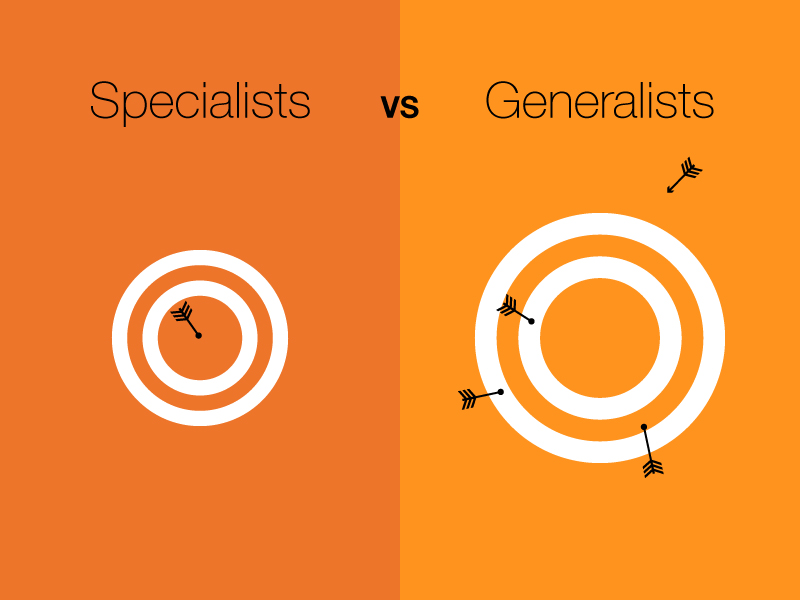Here top-class HR and career experts answer important questions about applications, salaries, and careers. This time we asked Sophia von Rundstedt the following question:
“Ms. von Rundstedt, is one no longer in demand as a generalist?”
“The Council of Wise Men”: generalist or specialist – who has better job opportunities? Sophia von Rundstedt: “This is the impression you can get. The half-life of knowledge keeps falling: The world is becoming more and more complex so that you cannot stay fully up to date. You have to As an inevitable focus on a focus or the knowledge required for the current task. Over time, you become a specialist – almost automatically. Job advertisements with increasingly specific requirement profiles reinforce this picture. But this is only one side of the rapid changes in Economic and entrepreneurial framework conditions. It is just as correct that companies at this time also need employees who have an overview of the multitude of changes inside and outside keep within the company. For example, in cross-sectional functions, generalists are still required who can quickly identify relationships and interactions. It turns out that specialists often do not understand the needs of customers, since these are also becoming more and more complex and cannot be broken down to a purely technical problem. Generalists bring with them curiosity and the ability to familiarize themselves with a topic with an open mind and to relate different aspects to one another.

“The generalist adapts more easily to new realities”
On top of that, a managerial career with a steady ascent and a long period of employment with the company is increasingly rare. Instead, there are mosaic careers with breaks in the curriculum vitae, frequent employer, task, and role changes to normality. The generalist often finds it easier than specialists to adapt to this new work and corporate reality. Because in most cases they have a less narrow, ready-made picture of their work and thus find it easier to find changing tasks and roles. Exactly this flexibility is one of the success factors of the future. More than ever, companies need employees who are willing to switch, for example, between management responsibility, project work, or supporting a team. Sometimes even filling two roles at the same time, for example in the management of one department and at the same time as a team member in another. Therefore, companies continue to rely on generalists and provide them with the necessary specialist knowledge for their current task “on the job”.



